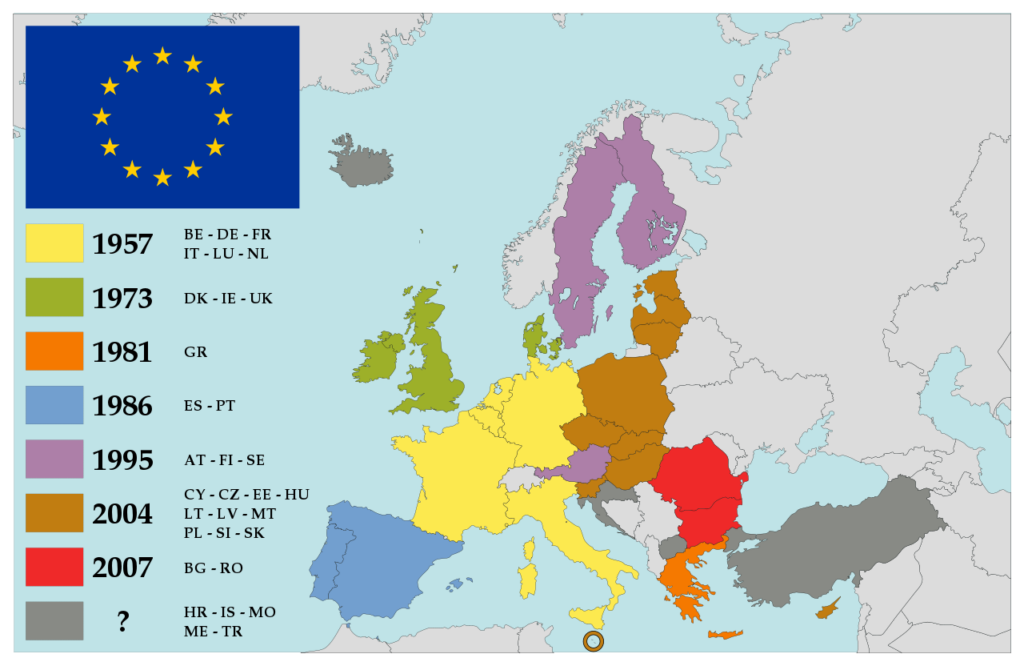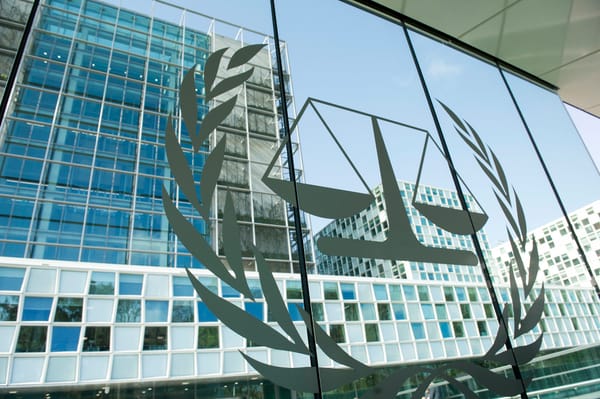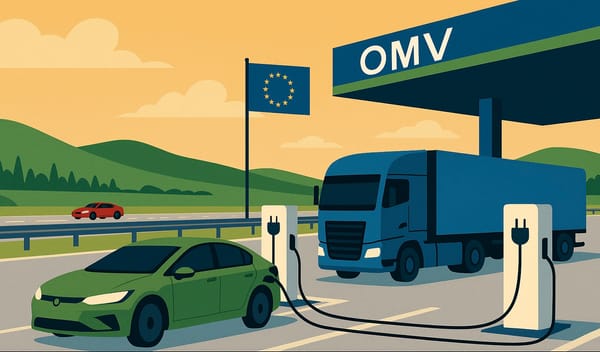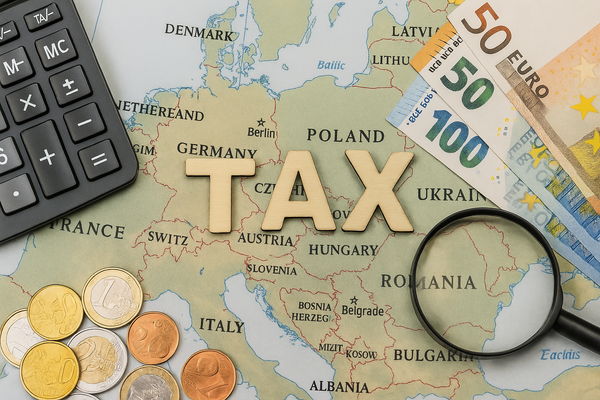
FMs back fast-tracked EU accession
The foreign ministers of Austria, Croatia, and Slovenia have published a joint article calling for “several concrete steps to be taken without further delay” regarding the expansion of the EU, including the commencement of accession talks with Bosnia and Herzegovina (BiH) by the end of the year.
In the joint op-ed entitled “The Unfinished EU: 20 years of Promises for the Western Balkans”, the three foreign ministers also express support for the EU accession processes of Montenegro, Albania and North Macedonia, citing “a window of opportunity for geo-strategic expansion”.
The process should be less complex and more result-oriented. Austria, Slovenia, and Croatia underlined, however, that the new, more strategic approach “will not lower enlargement standards,” and “full reform implementation remains essential”.
“We welcome that the EU is now approaching enlargement from a more geostrategic and less bureaucratic perspective than before,” co-signees Slovenian Foreign Minister Tanja Fajon, Austrian Foreign Minister Alexander Schalenberg, and Croatian Foreign Minister Gordan Radman Grlic wrote. Austria and Slovenia have consistently supported BiH’s EU accession and were among the first to advocate for its official candidate status.
Enlargement constitutes the EU’s most potent tool for regional stability, they said, adding that must open EU accession negotiations with Bosnia and Herzegovina by the end of this year.”
The op-ed, published in multiple Balkan outlets, said Russia’s war with Ukraine has made EU membership an even more attractive goal for Moldova, Georgia and the war-torn country itself.
Western Balkan countries have ‘window of opportunity’
Countries in the Western Balkans are meanwhile facing unprecedented challenges regarding stability, according to the ministers. However, there is also a growing awareness of a new window of opportunity for enlargement, they added.
“In North Macedonia, the next steps depend on the country’s ability to enact the necessary constitutional amendments. The latest case is a reminder that the EU member states and the countries of the Western Balkans should play a responsible role and refrain from introducing bilateral problems and disputes, which are not related to the accession process,” according to the foreign ministers.
BiH must now fulfil 14 key priorities outlined by the European Commission to initiate accession negotiations, according to a decision last December, when the EU granted it the status of an official candidate country.
Dodik thwarting BiH’s accession ambitions
However, a significant obstacle to opening accession talks is the situation in Republika Srpska (RS), one of the two entities that make up BiH.
When RS leader Milorad Dodik advocated for secession, the European Commission expressed concern about the situation in its 2022 country report. Since then, the situation has deteriorated, with Dodik threatening to arrest the UN-appointed high representative for BiH Christian Schmidt, if he entered RS. In July, the Commission threatened “serious consequences” if the situation persisted.
In August Dodik proposed that the country seek membership in the BRICS group as an alternative to the EU, due to what he called evolving and uncertain EU admission conditions. The BRICS grouping, consisting of Brazil, Russia, India, China, and South Africa, recently agreed to extend invitations to six additional countries to join their alliance.
As the European Commission emphasises the importance of the rule of law for EU membership, Dodik has threatened to create a separate RS army and currency, and his behaviour has seen him sanctioned by the US for undermining Bosnian institutions and territorial integrity.
Dodik maintains close relations with the Kremlin, despite its invasion of Ukraine, and in January, awarded RS’s highest honour to Russian President Vladimir Putin.

Von der Leyen recalls two-decade-old promise to West Balkans
The three foreign ministers recalled European Commission President Ursula Von der Leyen’s recent State of the Union address when she “repeated the promise of the EU made at the historic summit in Thessaloniki twenty years ago.” At this point, the ministers wrote, the “wave of EU enlargement was about to happen, with 12 (sic) countries from Central and Eastern Europe joining in 2004, Bulgaria and Romania in 2007 and Croatia in 2013.
European Council President Charles Michel said EU leaders should give the green light to opening formal accession negotiations with Ukraine and Moldova at the December European summit (which) should take some decisions on Ukraine, on Moldova, and on whether we open negotiations.”
Speaking ahead of Friday’s informal European Council that will focus on institutional reforms regarding EU enlargement, Michel also said he expected decisions in December “on some of the Western Balkan countries”, with EU reports on candidate countries’ progress expected next month.
Austria suggests step by step road to membership
Austria recently proposed the concept of “gradual integration” into the EU before formal accession to strengthen ties with the EU and prevent regional destabilisation by Russia, based on “fair and rigorous conditionality and the principle of its own merits”.
Ideas include more frequent invites to the Foreign Affairs Council, and opening up additional policy areas such as transport, trade, education, and science.
“Our partners from the Western and Eastern Balkans deserve this opportunity, and EU citizens will benefit from greater stability and prosperity beyond the current borders of the EU. EU enlargement is not one of many options, it is the geo-strategic imperative of the day,” the three foreign ministers wrote.
“First, the European Union must open EU accession negotiations with Bosnia and Herzegovina by the end of this year. Second, Montenegro must continue on its reform path towards the EU, which depends on the formation of a new government in the country. Third, the negotiations with Albania and North Macedonia should progress,” they concluded.





